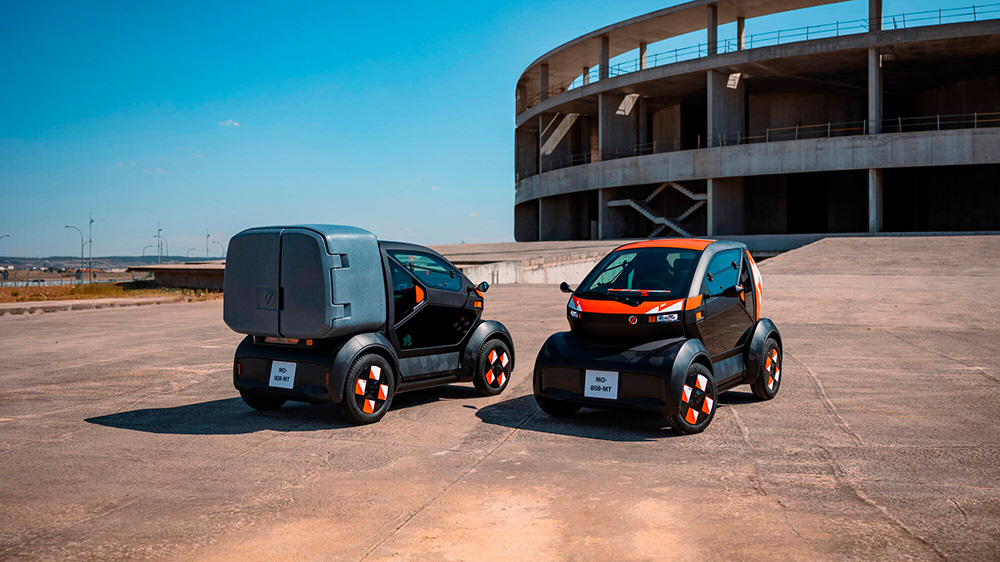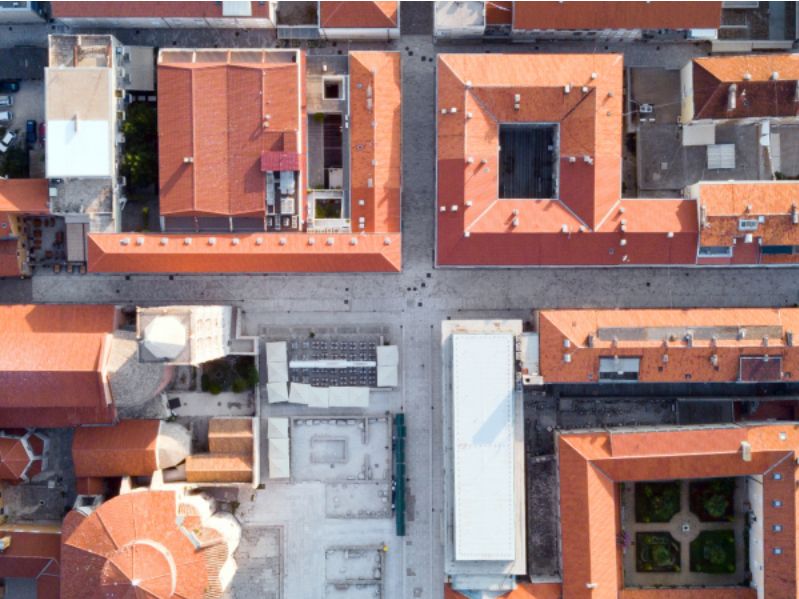advantage n#1: Save money by scheduling your charging
The connectivity of Renault electric vehicles means that home charging can be started or stopped according to the tariffs applied by the electricity supplier or the availability of electricity on the network. Thus the driver need not worry about studying the potential changes in the rate over time to start charging: he simply plugs in his car and sets the desired end-of-charge time and charge level. Everything then happens out of sight and mind.
advantage n#2: Benefit from green electricity from your own electric car charging station
The benefits of smart charging are real at the individual level, but they also extend to the collective. For example, the car will activate charging when the network operators indicate a surplus of production, in particular when the sun hits the photovoltaic panels or the wind blows on the windmills. Conversely, it will interrupt charging when demand exceeds supply to avoid exacerbating the deficit, for example when everyone turns on their household appliances at the same time and renewable energy sources are less productive.
At the grid level, smart charging increases the share of green electricity in the energy mix because it encourages the use of energy sources that have the merit of being renewable and low-carbon, but the defect of being intermittent. As there is no need for a storage phase, smart charging makes full use of this electricity as soon as it is produced
Advantage n#3: Being rewarded for flexibility
Saving money is good, but making money is better! An application like Mobilize Smart Charge knows how to trigger or interrupt charging to maintain a balance, in real time, between the production and consumption of energy over the grid.
The driver plugs in his vehicle when he gets home, and programs his departure time with its associated charge level in the Mobilize Smart Charge app, easily and one time only. From there, the application takes over, recharging the vehicle based on the availability of electricity on the grid, while ensuring the desired level of operating range is reached.
In the Netherlands, France and Belgium, where the Mobilize Smart Charge application is available, drivers of Renault E-TECH electric models (Megane, ZOE, Twingo, and soon Kangoo) are paid for their contribution to the electrical grid’s balance. In other words, the flexibility they allow for when charging is rewarded. In some cases, the amount earned can reach the equivalent of a full recharge per month, and that’s just the beginning.

The next step? That would be bi-directional charging, which will allow an electric car to return part of the electricity stored in its battery to the grid. Whereas the current smart charging helps to absorb production peaks, reversibility of charging will help to not only relieve the grid during consumption peaks, but also to store renewable electricity produced locally to promote self-consumption. By acting as a temporary energy reserve, the electric car will become a real link in the electricity network.
advantage n#4: Operating in an ecosystem conducive to intelligent mobility and charging
As the European pioneer in the field of electric cars, Renault Group, through its Mobilize brand, has brought the main players of the energy world together to create conditions favourable to the democratisation of these technologies. Electricity suppliers, distribution or transportation networks, local communities, public authorities: all the stakeholders must be involved to meet the challenges of green mobility.
Several pilot programmes have demonstrated this strong commitment throughout Europe. Need an example? In Utrecht, in the Netherlands, a set of solar panels installed on the roofs of buildings supplies the energy for a fleet of 150 ZOEs made available to residents.
These full-scale tests are being conducted to measure the uses and refine the operation of the algorithms that will draw or inject energy into the grid as needed. Such technological advances will benefit as many people as possible in the future.
Copyrights: Renault Communication





